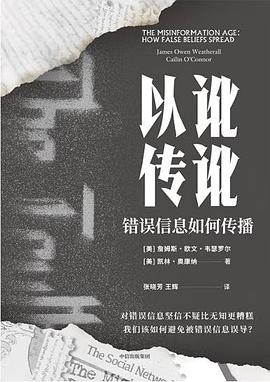
《以讹传讹》内容简介
14世纪中叶,英格兰骑士曼德维尔的游记在欧洲流传开来。这本游记记录了一种果实,里面有活生生的羊羔,游记的主人公声称他亲口品尝了这种果实,而且觉得它非常好吃。这并不是唯一一部记载并评论这种怪异植物的作品。一位意大利修士也说,他从“值得信赖的人”那里听说了这种果实。甚至有些人宣称已经研究过这种果实,还抚摸过果实里羊羔的羊毛。关于这种离奇植物的报道和研究一直持续到17世纪。
相信动植物能够杂交终究是一段无害的历史插曲,然而,如果换成人类的生命健康、环境污染、自然灾害等关系国计民生的问题,又将如何呢?
人类的一个特别之处是具有共享信息并影响彼此观念的能力。正是这种能力使科学、艺术,以及其他形式的文化得以诞生并传播。不过它同时导致了一系列难题:我们如何判断信息的真伪呢?为什么错误信息和观念对人们造成不利影响之后,依然会继续传播?我们该做些什么来改变这些情况?
作者在书中指出,社会因素,而不是个人心理因素,是理解错误信息和观念传播的关键所在。只有了解社会因素是如何运作的,人类才能有效被错误信息误导,从而做出正确的选择。
作者简介
詹姆斯·欧文·韦瑟罗尔(JamesOwenWeatherall)
美国加州大学尔湾分校逻辑与科学哲学系主任,逻辑与科学哲学教授,数学行为科学研究所研究员,科学哲学协会期刊《科学哲学》副主编。曾在斯坦福大学、匹兹堡大学、澳大利亚国立大学、剑桥大学、伦敦政治经济学院等高校担任客座研究员。主要研究涉及经典场论和量子场论的数学与概念基础、一般科学哲学,尤其对构建金融模型、范畴论、原子物理、量子控制、量子力学等有浓厚兴趣。著有《对冲之王:华尔街量化投资传奇》(ThePhysicsofWallStreet)、《虚空:关于虚无的奇异物理学》(Void:TheStrangePhysicsofNothing)等。
凯林·奥康纳(CailinO’Connor)
美国加州大学尔湾分校逻辑与科学哲学系教授,生物学和行为科学哲学家,进化博弈理论家。曾任匹兹堡大学、澳大利亚国立大学、米兰理工大学、伦敦政治经济学院客座研究员。善于运用行为经济学和社会心理学的方法来研究哲学问题,当前主要研究科学共同体和社会认识论模型,以及用进化模型解释与多样性相关的问题。著有《不公平的起源:社会范畴与文化演变》(TheOriginsofUnfairness:SocialCategoriesandCulturalEvolution)等。
Brief introduction to the contents of "Transmitted by False Information"
In the mid-14th century, the travels of the English knight Mandeville spread across Europe. The book describes a fruit with live lambs in it, and the hero claims to have tasted it himself and found it very tasty. This isn't the only work documenting and commenting on this weird plant. An Italian friar also said he had heard about the fruit from "trustworthy people." Some people even claim to have studied the fruit and stroked the wool of lambs inside it. Reports and studies of this bizarre plant continued until the 17th century.
Believing that animals and plants can hybridize is a harmless historical episode after all, but what if it is replaced by human life and health, environmental pollution, natural disasters and other issues related to the national economy and people's livelihood?
One of the special things about human beings is the ability to share information and influence each other's perceptions. It is this ability that allows science, art, and other forms of culture to be born and spread. But it also leads to a series of problems: how do we determine whether information is true or false? Why do misinformation and beliefs continue to spread even after they have adversely affected people? What can we do to change this?
The authors argue that social factors, rather than individual psychological factors, are key to understanding the spread of misinformation and ideas. Only by understanding how social factors work can humans be effectively misled by misinformation and thus make the right choice.
About the author
JamesOwenWeatherall
Professor of Logic and Philosophy of Science, Professor of Logic and Philosophy of Science, Research Fellow in the Institute for Mathematical Behavioral Sciences, and Associate editor of Philosophy of Science, journal of the Association for the Philosophy of Science, University of California, Irvine. He has served as a visiting researcher at Stanford University, University of Pittsburgh, Australian National University, University of Cambridge, London School of Economics and Political Science and other universities. His research focuses on the mathematical and conceptual foundations of classical field theory and quantum field theory, as well as general philosophy of science. He is particularly interested in building financial models, category theory, atomic physics, quantum control, and quantum mechanics. The author of "the king of the hedge: Wall Street quantitative investment legend" (ThePhysicsofWallStreet), the vanity: for vanity amazing physics "(Void: TheStrangePhysicsofNothing), etc.
CailinO O 'Connor
Professor, Department of Logic and Philosophy of Science, University of California, Irvine, USA, philosopher of biology and behavioral sciences, evolutionary game theorist. He was a visiting researcher at the University of Pittsburgh, the Australian National University, Politecnico di Milano, and the London School of Economics and Political Science. He is good at using the methods of behavioral economics and social psychology to study philosophical problems, and his current research focuses on scientific community and social epistemological models, as well as evolutionary models to explain problems related to diversity. The author of "the origin of the unfair social category and cultural evolution (TheOriginsofUnfairness: SocialCategoriesandCulturalEvolution), etc.
 热门标签
热门标签

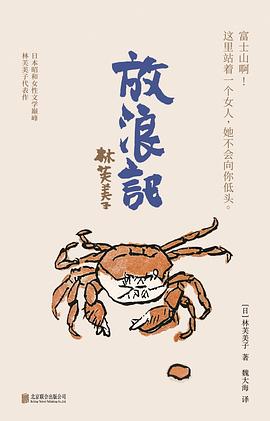


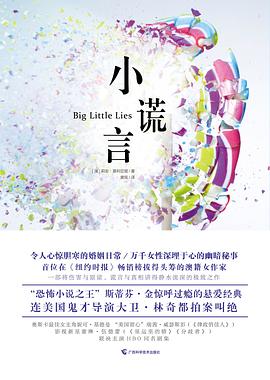
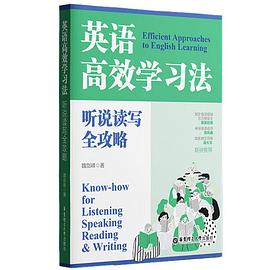
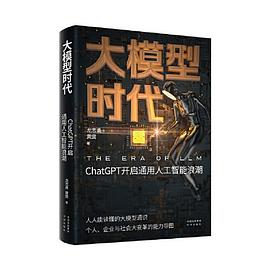
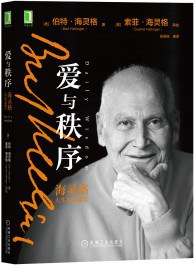



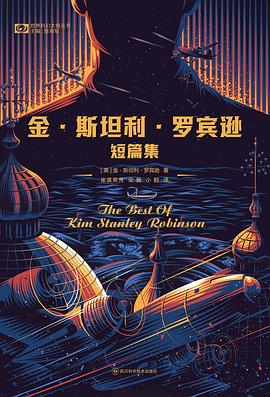
 书单推荐
书单推荐